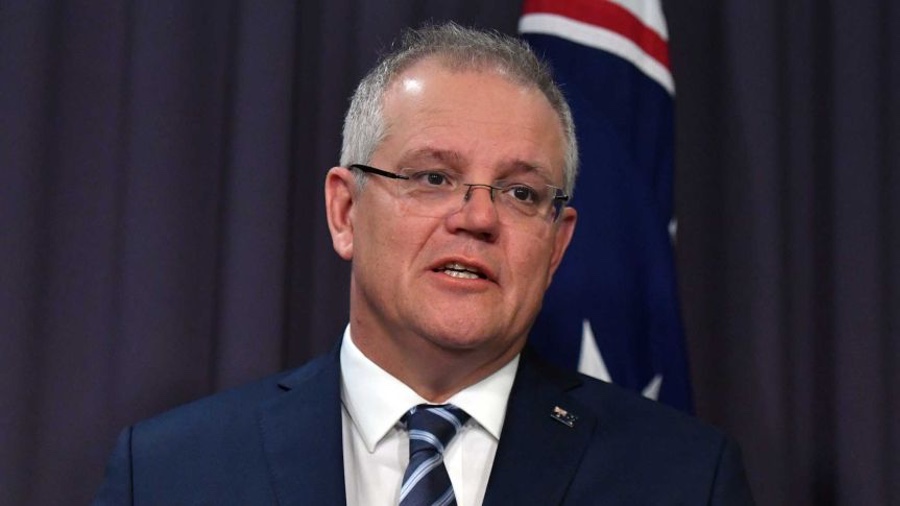“Hating the Internet because of child pornography is a bit like hating the roads because of drug trafficking. If you had no roads there would be much less of it.” A great observation from a friend today.
Yes, “bad things” happen online, just as “bad things” happen anywhere. But when Clive Hamilton screeches about all the naughty things he’s found online, it looks to me like a deliberate attempt to press our emotional buttons and avoid rational debate. And he does it repeatedly.
The police don’t try to stop drug trafficking by putting a road block in everyone’s street and searching every vehicle. No, they use intelligence — in both senses of the word — to work out where best to deploy their finite resources for maximum results.
They also allocate their resources between conflicting demands so society as a whole is best protected. Their risk assessments tell them to worry more about the suspected rapists, serial killers or violent thugs in their community than some kid with a few grams of weed.
The people who actually understand child protection continually remind us that the greatest threats to children are the same as they always have been — abuse in their own home by family and close family friends, poverty, and bullying by their peers. Why oh why do we have to keep repeating that, Senator Conroy?




